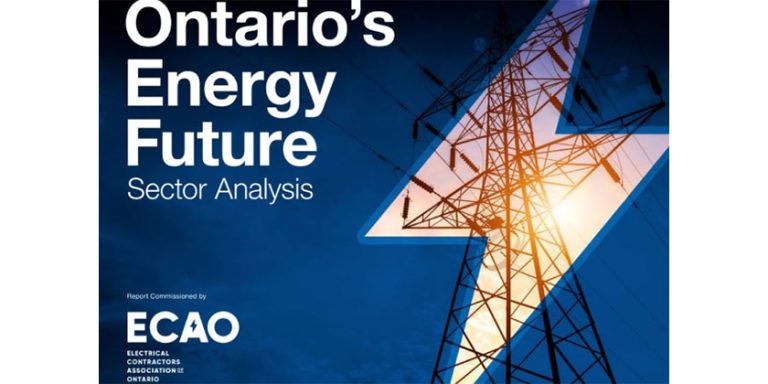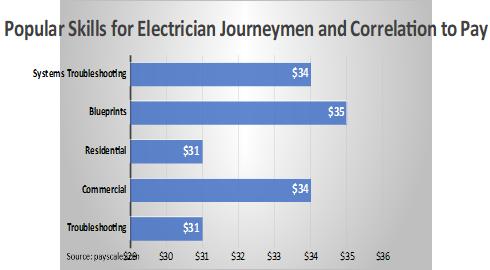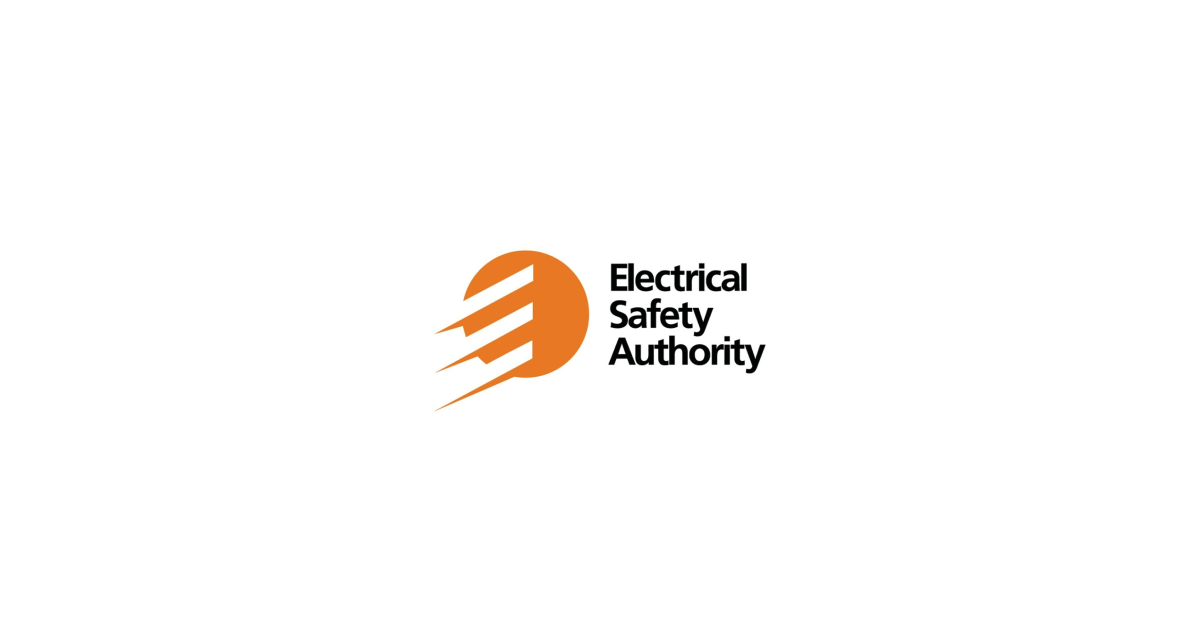How NETCO is Innovating in Skill Trades Training with Virtual Reality

June 10, 2022
By Blake Marchand
NETCO (National Electrical Trade Council) is an alliance of IBEW (International Brotherhood of Electrical Workers) and CECA (Canadian Electrical Contractor Association), their primary mandate is to promote national standards in electrical training.
Earlier this year, the Ontario government announced $13 million in funding for training programs across the province. NETCO received over $4 million in funding from Ontario’s Skills Development Fund (SDF), in part to develop virtual reality (VR) training programs for electrical apprentices and electricians. We spoke to Chris Swick, who is the Executive Director and Denise Miller, NETCO’s Communications and Marketing Manager to learn more about the VR training they are rolling out. NETCO is a national organization, but the VR programming will currently be offered in Ontario because of the investment from the Ontario government to fund its development. Eventually they will look to bring similar programming nationally.
Right now, they are working on two courses through VR, the first is the basic level trade school for apprentices, which will launch this spring. The second is a hoisting and rigging course that is still in development.
For a typical beginner apprentice program, you learn to do receptacles, various styles of switches such as 3-way and 4-way, lighting panel board installations and lighting. In a live classroom setting this brings in the need for more classroom space, more consumables and cost.
The VR training reduces the material costs for the training centres and for the students, Swick said, “They can go in there and practice in a safe environment. They don’t have to worry about shock hazards or anything like that, and when they’re finished, they can take it to a real-life scenario.”
Swick said that the basic level VR training would take place prior to entering trade school, “What I found when I was a training director, if we give these complimentary supports before they went to trade school, they’re marks would go up,” he said.
Miller added that the VR component will also help attract more people to the trades, “When you involve technologies like this it opens the eyes to the younger generation.”
Miller said that she received a lot of emails from the general public looking for more information because of the VR training, so it becomes an open door into the trades for people who may not have considered it otherwise. As well as being a test case for the future of skilled trades training beyond just electrical. VR can also used as a recruitment tool at tradeshows and career events to let people experience the trade, without the risk factor. Which isn’t something that is easily done when working with electrical.
The safety element that Swick mentioned may also widen the avenue into the skilled trades for people to get experience and gain confidence without the pressure of making a mistake.
Right now, they are doing the VR training as part of the pre-apprenticeship program but eventually they would like to develop it for other levels of trade school. Which again, can cut down material costs for training centres, as well as open up the possibility for training in different applications. By adding a virtual component, they can have fewer physical training components, which can be expensive.
Another aspect is being able to update the curriculum easily when the codes change.
NETCO will be rolling out the apprentice training this spring and are still developing their hoisting and rigging course. VR has a lot of potential to prepare people in the less accessible areas of the trade by making a broader range of training more accessible. Looking at the green energy sector, for example, you have equipment like wind turbines and solar panels that students can get experience with before physically working with the equipment to save on the cost of training, similar to what they are doing with the hoisting and rigging course.
“At the end of the day you would have to get a crane in there and properly rig loads. This will get them to the point where they don’t have to have that high expensive of getting the crane in,” said Swick.
The course will be more immersive than the basic level training, “The way we’re trying to get it designed and setup is so that you have one instructor with four students in the VR environment all at the same time,” which will be the first of its kind for VR training.
The key aspect for Swick is safety, “a lot of things can go wrong when you’re doing hoisting and rigging.”
With this program, the software is being developed specifically for them and they’ll be using Alienware computers paired with the Oculus headsets, which will improve the quality of the VR simulation. “We made sure to put the proper investment in that, because we didn’t want something that is going to lag out all the time,” he said.
“These models are something that Chris is looking to develop to get funding to roll out all across the country at the IBEW training centres, that’s a work in progress too, hopefully that will be the end game,” said Miller, “and it will make training consistent at the IBEW training centres all across Canada, consistency is important and we’re seeing that a lot of the training centres are getting on board with that, because its making it easier for them.”
Swick added that standardization across Canada was an important aspect and something they are trying to work towards. When you have standardization, it streamlines the resources required for the training centres and it also ensures that training is done to the same level. That’s the ultimate goal with programs like OASIS and the VR Training.
These programs being funded through the Ontario government will help them develop best practices with the goal of rolling out programs in other areas of the country. As Miller noted, they’re currently working to secure more funding, as well as add to the training programs they can do through the VR.
VR will help them to improve the quality of training, and improve access to training, while also improving safety. The VR component is in addition to real life training to better prepare people for when they physically get on the tools. Ultimately, Swick said, “we’re trying to achieve the highest standard possible.”
There are 11 training centres in Ontario that will use the VR training and it will run for one year under the SDF investment. 650 people will go through the two programs.
VR training was showcased at their annual NETCO Conference which took place in Halifax at the end of May. Sean Bernard from Ideal Industries Canada led a demonstration with training on VR technology and the keynote speaker, Trent Soholt had a discussion on the topic of Integrating Innovation in Experimental Learning.
“All was well received by the attendees of the conference with many training directors eager to get started. VR is still the word for the 2023 NETCO Conference, August 13th in Toronto with the theme “Virtual is the New Reality,”’ said Miller.
Miller noted that people who want to access this training need to reach out to their local IBEW training centre. NETCO develops the curriculum that is then deployed through the IBEW.

















